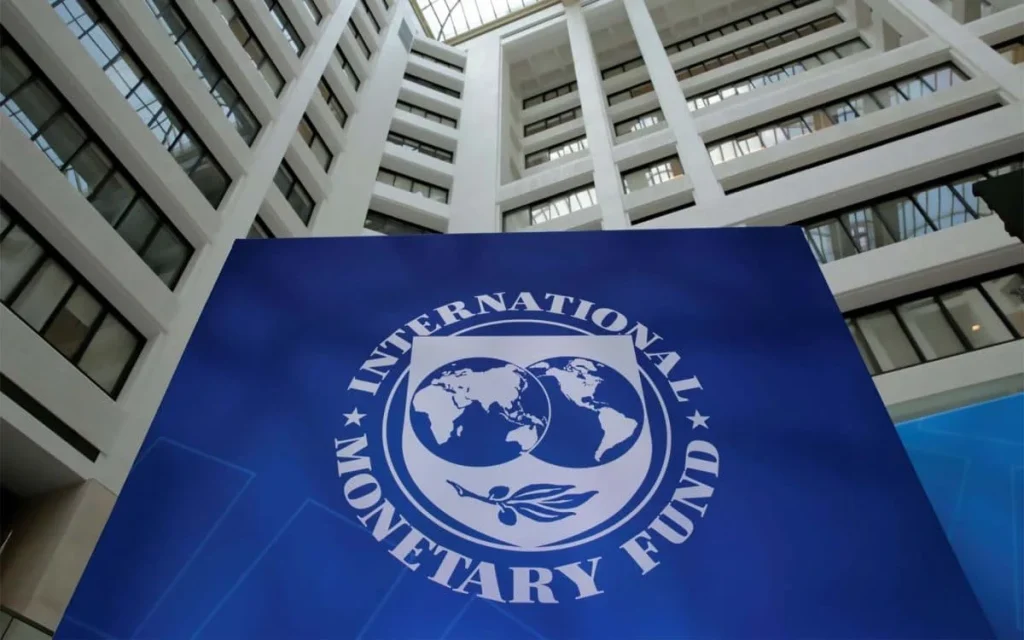Nigeria captured global attention at the 2025 IMF and World Bank Annual Meetings in Washington. Bold policy shifts earned applause, but warnings on debt, spending, and oil dependency kept leaders on high alert.
The IMF upgraded Nigeria’s 2025 growth outlook to 3.9%, up from 3.4%, crediting stronger fundamentals, rising oil output, and renewed investor trust since mid-2023 reforms began.
Yet, the Fund stressed that gains remain fragile. Fiscal gaps and mounting debt costs could derail progress without tighter control.
CBN Governor: “No Turning Back on Reforms”
Leading Nigeria’s team, Central Bank Governor Olayemi Cardoso vowed unwavering commitment.
“Reform fatigue is not an option. This is a marathon Nigerians will soon feel real benefits as inflation falls and growth rises.”
He highlighted key wins:
- Inflation down six straight months to 18.02% in September—lowest in three years
- Naira gap between official and parallel markets under 2%
- Foreign reserves above $43 billion—covering over 11 months of imports
Cardoso called these “proof of rebalanced finances and restored credibility,” driven by tight monetary policy, exchange rate flexibility, and better fiscal teamwork.
IMF: Progress Real, But Watch the Risks
IMF experts acknowledged Nigeria’s rebound bolstered by a larger-than-expected economy thanks to digital, service, and informal sectors. Inflation is set to ease to 23% in 2025 and 22% in 2026.
A top IMF official defended the naira’s managed float:
“A flexible currency isn’t a weakness it’s an adjustment tool for competitiveness and investment.”
Still, red flags wave:
- Fiscal deficit projected to climb from 2.9% of GDP in 2025 to 3.7% in 2026
- Debt servicing crowding out education, health, and infrastructure
- Public debt-to-GDP at 39.3% in 2024, expected to dip slightly if borrowing stays disciplined
The message? Boost non-oil taxes, digitize collections, and avoid risky loans.
Oil Prices, Illicit Flows, and Digital Finance
With oil revenues under pressure, diversification is urgent. The IMF pushed for modern tax systems where citizens “see value in every naira paid.”
IMF chief Kristalina Georgieva backed Nigeria’s fight against illicit financial flows:
“Tracking dirty money can plug massive leaks and fund real growth.”
She warned that crypto and digital payments must come with strong oversight to prevent evasion.
Trade Surplus, Fintech, and China Swap Revamp
For the first time in years, Nigeria boasts a 6% GDP trade surplus, fueled by export growth and local production.
Cardoso admitted the China currency swap underperformed but said a “win-win” redesign is underway. He also praised bank recapitalization and fintech partnerships:
“Innovation and regulation must walk together. Our fintechs are Nigeria’s global ambassadors.”
Jobs, Youth, and Inclusive Growth
Finance Minister of State Dr. Uzoka-Anite promised macro stability would fuel real jobs especially in agriculture, infrastructure, and digital sectors. World Bank-backed programs will expand credit for small businesses and women entrepreneurs.
Tony Elumelu: Don’t Miss Africa’s AI Moment
At a high-level AI panel, UBA Chairman Tony Elumelu urged massive tech investment:
“AI in farming, energy, and healthcare can leapfrog Africa but only with infrastructure and capital access.”
He cautioned:
“Let AI spread wealth, not widen gaps. Africa led with mobile money. We can lead again.”
Final Word from the IMF
Managing Director Georgieva summed it up:
“Nigeria is on the right path. These reforms hurt now but staying the course turns pain into jobs, hope, and lasting prosperity.”
Will Nigeria keep the momentum? Share your thoughts in the comments!





















